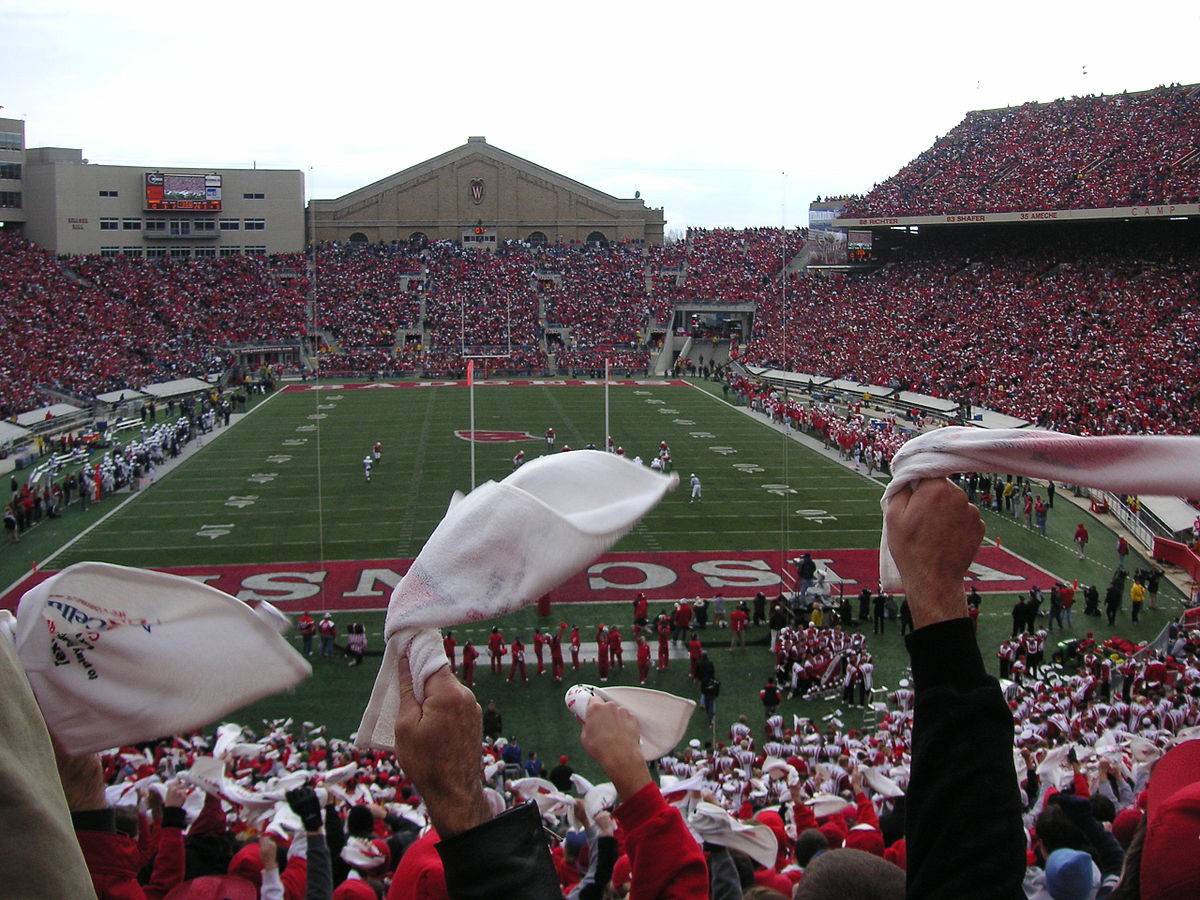How Technology Powers The Super Fan
Knowledge is a never-ending treadmill. When there’s something we’re curious about, we seek out the answers. Once we find them, we usually have more questions. We satisfy those needs, and then new blanks need to be filled.
Sports are very much that way for fans. There is an unquenchable thirst for knowledge among fans, and it only grows each year. Baseball needs more than just a batting average now. It needs slugging percentages, on-base percentages, and averages with runners in scoring position.
Football is much the same. Until 1982, the NFL didn’t even keep data on sacks; it was just viewed as a really great tackle but not a unique play in and of itself. Eventually, fan interest helped inspire the league to begin tracking them, and now it’s not just a key stat for viewers and journalists, it’s also important leverage for players negotiating contracts.
To feed this never-ending appetite for details and numbers, technology has expanded its coverage of the sport. To begin with, we have literally maxed out opportunities to watch the game. Satellite TV packages make it simple and affordable to have every game day’s full slate available to any viewer. Local markets, blackouts, and time zone issues have been washed away. Any viewer can watch any game.
Of course, not every viewer is closely following all 32 teams, but there’s still lots of reason to watch more than just their favorites. With the immense popularity of fantasy leagues, the most intense fans now want to do more than simply find their team’s results week by week. They start long before the season, long before training camp even, with predicting their team’s road through their conference and ultimately, the playoffs.
So the television broadcasts are the cashing in of the whole preseason preparation process. Fans have followed the draft, tracked summer injury reports, and closely monitored personnel changes. They have applauded the positive and bemoaned the negative. By the first kick of a new season, they are wound up and ready for action.
But just catching the games isn’t enough. Smartphone and tablet apps track game information in real time, reporting performance stats as quickly as fans can use them. Internet message boards and social media connections bubble with activity throughout the season, sharing rumors and gossip about what may be going on with players and coaches.
At the close of each week’s activity, web sites and apps compile stats and results, giving fans the rest of the calendar week to make changes in lineups or simply to talk around the water cooler.
Like most sports, football hasn’t undergone very many earth-shaking changes since it was first created. The gear equipment looks very different, the players are a lot bigger, and the stopwatches reveal numbers that Lambeau would have never dreamed of, but all in all, it’s very much the same.
What has changed is our ability to track every nuance and assimilate it for processing, evaluation, and endless conversation. There’s very little about the game that we can’t track now, and that is to the advantage of every super fan who wants to know every stat. Our human curiosity, coupled with our undying love for our favorite modes of entertainment, have the knowledge treadmill running at full speed, and technology just keeps on feeding us.



